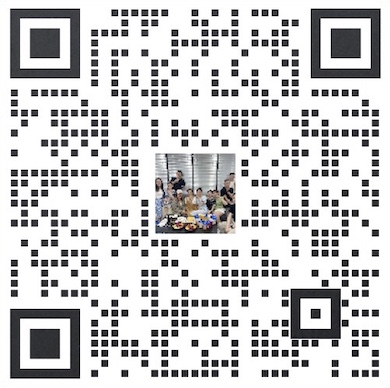
7x9小时
9:00am - 6:00pm
免费售前热线
13338363507
Zero Trust Architecture in CRM: Redefining Security Paradigms
2024-02-06
Zero Trust Architecture in CRM: Redefining Security Paradigms
In today's digital age, customer relationship management (CRM) systems play a crucial role in helping businesses manage and analyze customer interactions and data throughout the customer lifecycle. However, with the increasing frequency and sophistication of cyber threats, securing CRM systems has become a top priority for organizations. This is where Zero Trust Architecture (ZTA) comes into play, redefining security paradigms and providing a more robust approach to protecting CRM systems.
Zero Trust Architecture is a security concept that assumes no trust in any user or device, both inside and outside the corporate network. This means that every user, device, and application must be verified and authenticated before being granted access to any resources. In the context of CRM systems, ZTA ensures that only authorized users can access sensitive customer data and that all interactions with the CRM platform are closely monitored and controlled.
One of the key principles of Zero Trust Architecture is the concept of least privilege, which means that users are only granted the minimum level of access required to perform their job functions. This helps to minimize the risk of unauthorized access and data breaches, as well as limit the potential damage that can be caused by compromised accounts.
Another important aspect of ZTA is continuous monitoring and inspection of all network traffic, user activities, and data access. This allows organizations to detect and respond to potential security threats in real-time, rather than relying on perimeter-based security measures that may not be effective against advanced cyber attacks.
Furthermore, ZTA emphasizes the use of strong encryption and multi-factor authentication to protect sensitive data and prevent unauthorized access. By implementing these security measures, organizations can ensure that customer data stored in CRM systems remains secure and confidential, even in the event of a security breach.
In addition to these technical measures, ZTA also promotes a culture of security awareness and accountability within organizations. This includes providing regular training and education to employees on best practices for data security, as well as establishing clear policies and procedures for handling customer data within CRM systems.
Overall, Zero Trust Architecture represents a paradigm shift in the way organizations approach security, particularly in the context of CRM systems. By adopting a Zero Trust approach, organizations can better protect sensitive customer data, mitigate the risk of data breaches, and ensure compliance with data protection regulations.
In conclusion, Zero Trust Architecture is redefining security paradigms in CRM by providing a more comprehensive and proactive approach to protecting customer data. By implementing ZTA principles, organizations can create a more secure and resilient CRM environment, safeguarding customer trust and loyalty in an increasingly digital world.
↓Scan code to addqiqueadviser↓

↑Learn more digital scenes↑
Extended Reading:
Social Responsibility in CRM Security: Building a Positive Brand Image Sustainable Security Practices in CRM: Minimizing Environmental Impact Continuous Learning and Adaptation: Strategies for Future-Proofing CRM Security Blockchain in CRM: Revolutionizing Data Integrity and Trust Self-Learning CRM Security Systems: Adapting to Emerging Threats Biometric Advances in CRM Security: Shaping the Future of Authentication Edge Computing in CRM Security: Real-Time Protection for Agile Systems AI-Driven Predictive Security in CRM: Anticipating and Preventing Breaches Quantum Computing and CRM Security: Preparing for Advanced Threats Industry-Specific Compliance: Adapting CRM Security Practices to Sector Regulations more>>
Useful
Useless
Share on WeChat
Open within mini program
![]()
Open WeChat to "scan" and forward to friends
Open WeChat "Scan" and open it in the mini program
关闭预览


